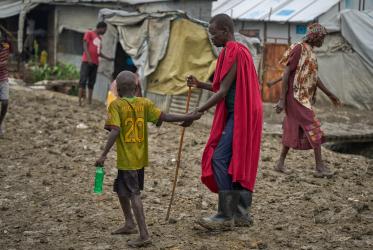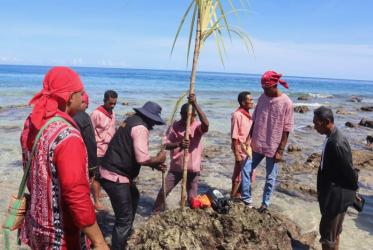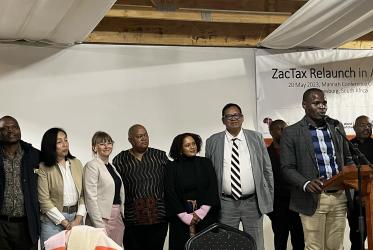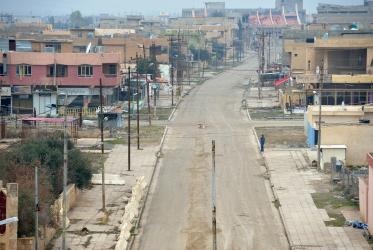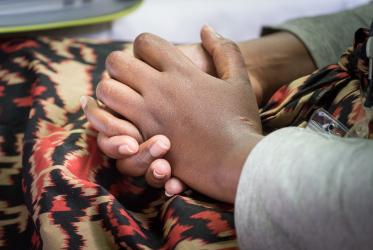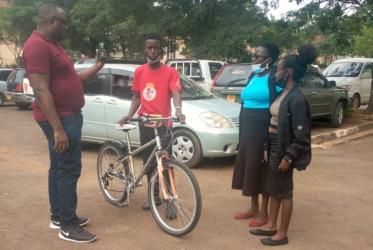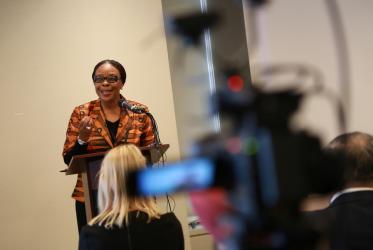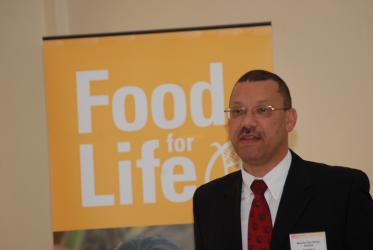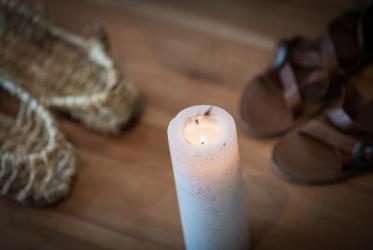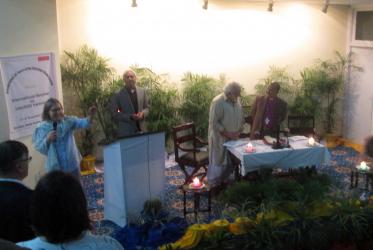Displaying 1 - 20 of 36
ZacTax Campaign relaunched in Africa
23 May 2023
Sudanese church leaders express hope that new pact will end war
08 October 2020
International youth meeting to be convened in Beirut
20 March 2019
#WCC70: At the end of an assembly
16 October 2018
In Nigeria, WCC workshops focus on human rights
04 December 2017
In Pakistan, Christian Study Centre celebrates 50 years
10 November 2017
